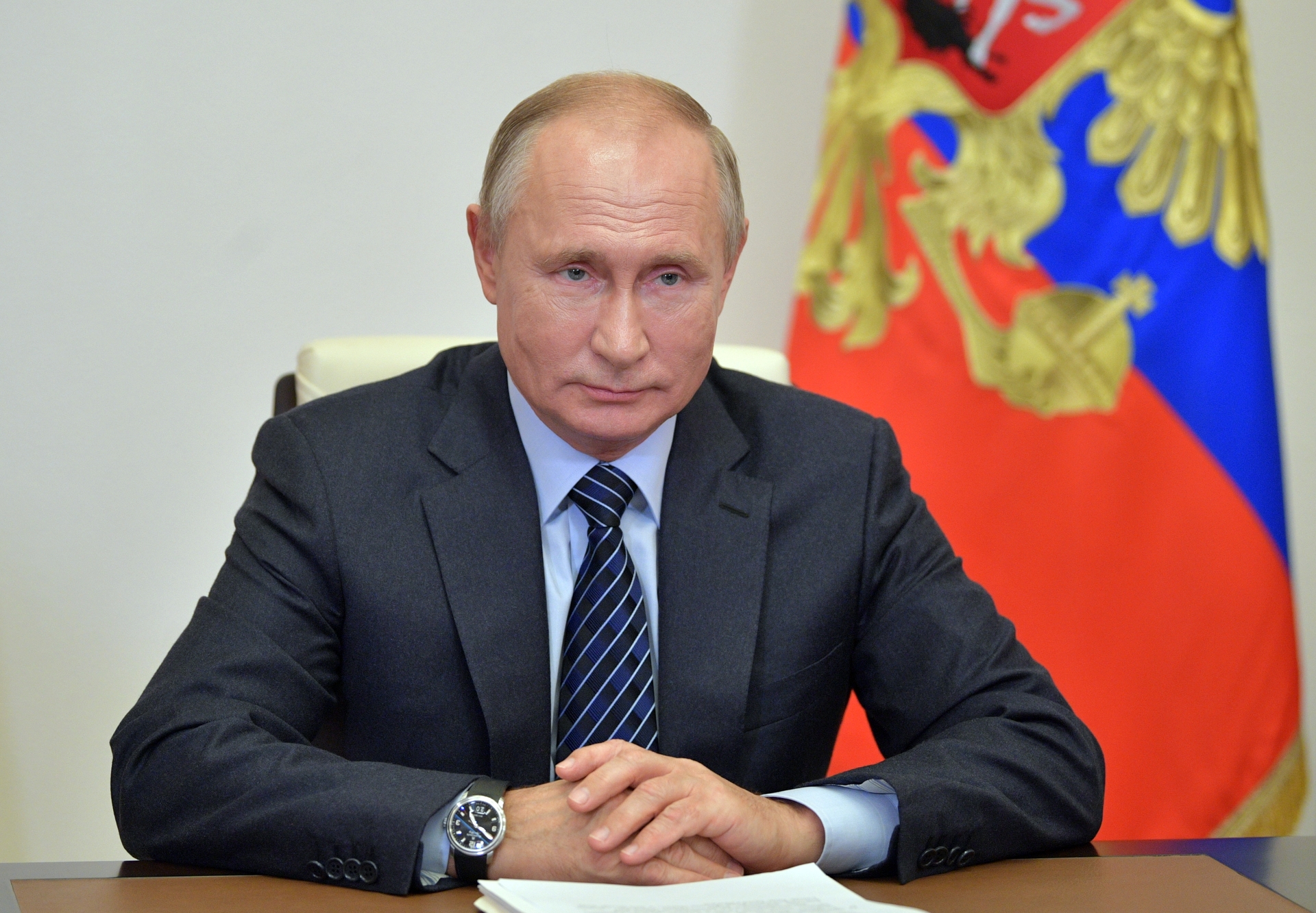If necessary, the United States is ready to deploy intermediate and shorter-range missiles in Europe "to contain Russia."
This was stated by the Assistant to the American President for National Security Robert O'Brien during a speech at the Hudson Institute.
O'Brien added that Washington is ready to take the same measures in the Indo-Pacific region to contain China, which, according to the American side, “took advantage of the fact that the United States was limited by the Intermediate-Range Nuclear Forces Treaty (INF Treaty),” and deployed "thousands of missiles" aimed at United States allies.
“We have withdrawn from the INF Treaty, we are creating hypersonic weapons, ballistic missiles that will help ensure the security of the United States ... These systems will protect our allies, will deter China.
And we will deploy similar missiles in Europe if necessary to contain Russia, ”O'Brien said.
A military expert, retired colonel Viktor Litovkin, in a conversation with RT, noted that America is trying to upset the existing balance of power.
The specialist is confident that the missiles O'Brien is talking about will be equipped with nuclear warheads.
“So Europe, which is likely to accept these missiles and reject the proposal that Russia made to impose a moratorium on missile deployment, does not take into account that such a step would make European citizens hostage to the US nuclear program,” the expert emphasized.
Recall that on October 26, the Kremlin's official website published a statement by President Vladimir Putin "on additional steps to de-escalate the situation in Europe in the context of the termination of the Intermediate-Range Nuclear Forces Treaty."
The Russian leader's statement emphasized that Russia continues to consider the INF Treaty "an important element of the architecture for ensuring international security and strategic stability," and the US withdrawal from the treaty was a "serious mistake" that increased the risk of "uncontrolled escalation."
Putin noted that Russia reaffirms its adherence to the previously announced moratorium on the deployment of ground-based INFs, "until missile weapons of similar classes of American production appear in the respective regions."
The President of the Russian Federation also called on NATO to consider the possibility of declaring a counter-moratorium "has not lost its relevance", and suggested considering "specific options for mutual verification measures."
RIA News
© Alexey Druzhinin
Thus, Russia proposed to introduce mutual monitoring of NATO Aegis Ashore missile defense installations in Europe and Russian 9М729 missiles in the Kaliningrad region, during which the parties could make sure that there are no intermediate and shorter-range ground-based missiles at these facilities, as well as weapons, "according to characteristics and classification which the parties could not agree on ”- we are talking about the Russian missile 9M729.
Putin confirmed that despite the compliance of the characteristics of the 9M729 with the requirements of the treaty, Russia is ready not to deploy them in the European part of the country, subject to reciprocal steps by NATO, excluding the deployment in Europe of weapons previously prohibited by the INF Treaty.
Later, a spokesman for the German Foreign Ministry Andrea Sasse, commenting on the proposal of Vladimir Putin, said that the calls of the Russian side for a moratorium on the deployment of intermediate and shorter-range missiles in Europe "do not inspire confidence."
“Secretary General Stoltenberg spoke about this last year.
In light of the fact that Russia itself withdrew from the INF Treaty, the NATO Secretary General said that the moratorium or such a refusal (from the deployment of missiles -
RT
) does not inspire confidence.
We share this assessment, "TASS quotes her.
The Russian Foreign Ministry reacted to Sasse's statement, pointing out that talking about Russia's withdrawal from the INF Treaty was "absolutely incorrect."
The department recalled that the United States unilaterally withdrew from the treaty, as a result of which it terminated.
Russia, on the other hand, remained fully committed to the INF Treaty throughout its entire duration and until the last moment made efforts to preserve the treaty, the Foreign Ministry stressed.
“Such statements are a typical example of a biased and, in fact,“ reflex ”reaction, when no one even tries to delve into the Russian proposals.
This does not honor the representative of the German Foreign Ministry, where, as it seemed to us, they should understand that international security issues require a thoughtful analysis, understanding of details and taking into account the real state of affairs, ”the Foreign Ministry said.
The department called for a start to "carefully study and analyze" the Russian initiative, and expressed their readiness to clarify the proposals outlined there.
“We are still open to constructive work to minimize the negative consequences of the collapse of the INF Treaty on the basis of the principles of equal and indivisible security and balanced consideration of the interests of the parties.
We count on the manifestation of responsibility on the part of NATO countries and, in particular, Germany, ”the ministry said.
The Intermediate-Range Nuclear Forces Treaty was signed by the United States and the USSR in 1987 and entered into force in 1988.
The parties agreed to eliminate ground-based intermediate and shorter-range missile systems.
On August 2, 2019, Washington unilaterally left the treaty.
The reason for the termination of the INF Treaty was the suspicion of the American side that Russia had developed a missile, the characteristics of which allegedly contradict the treaty. In turn, Moscow has repeatedly made claims to Washington because of the so-called target missiles and strike UAVs, which fell under the description of a weapon prohibited under the treaty.

